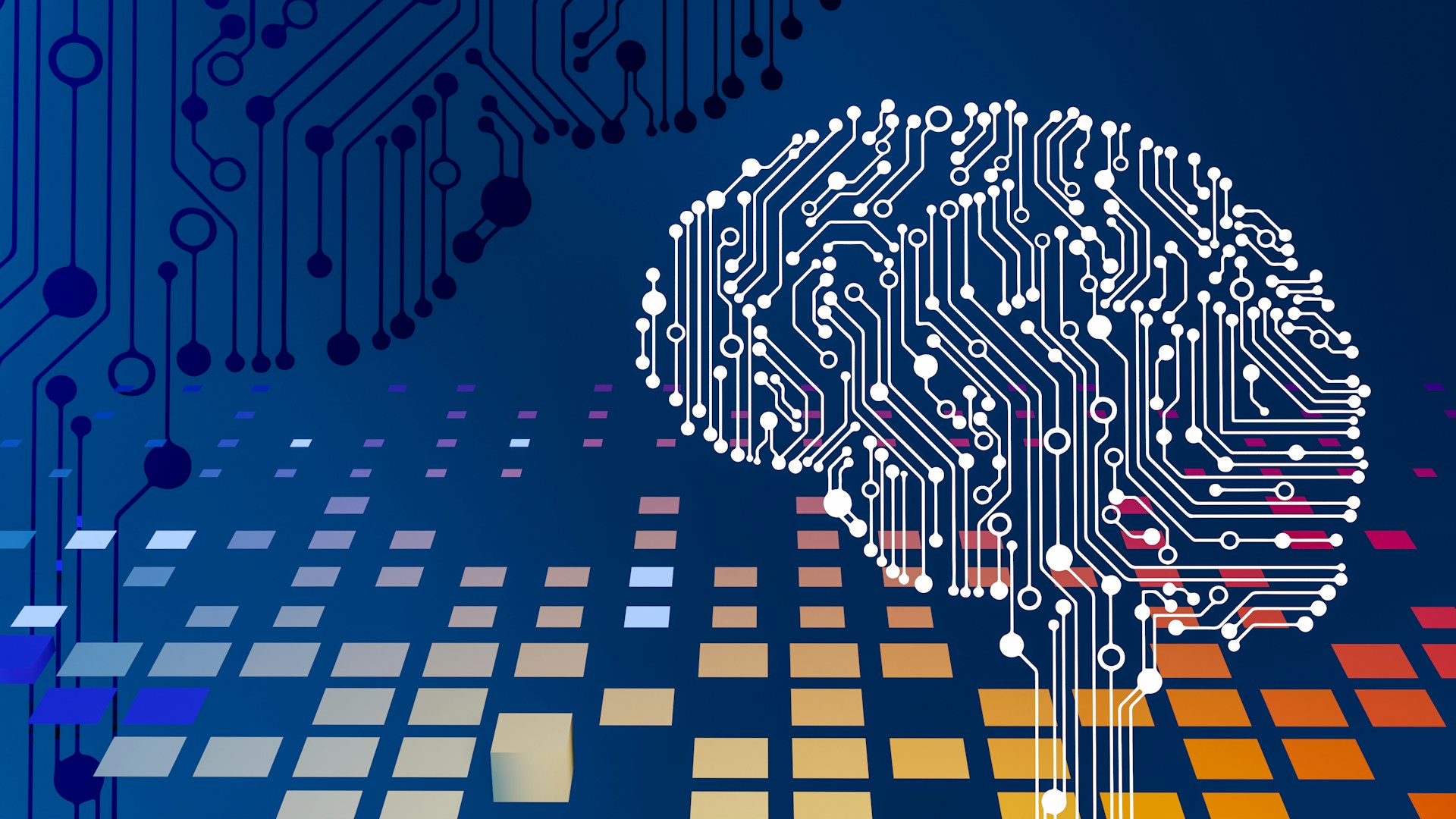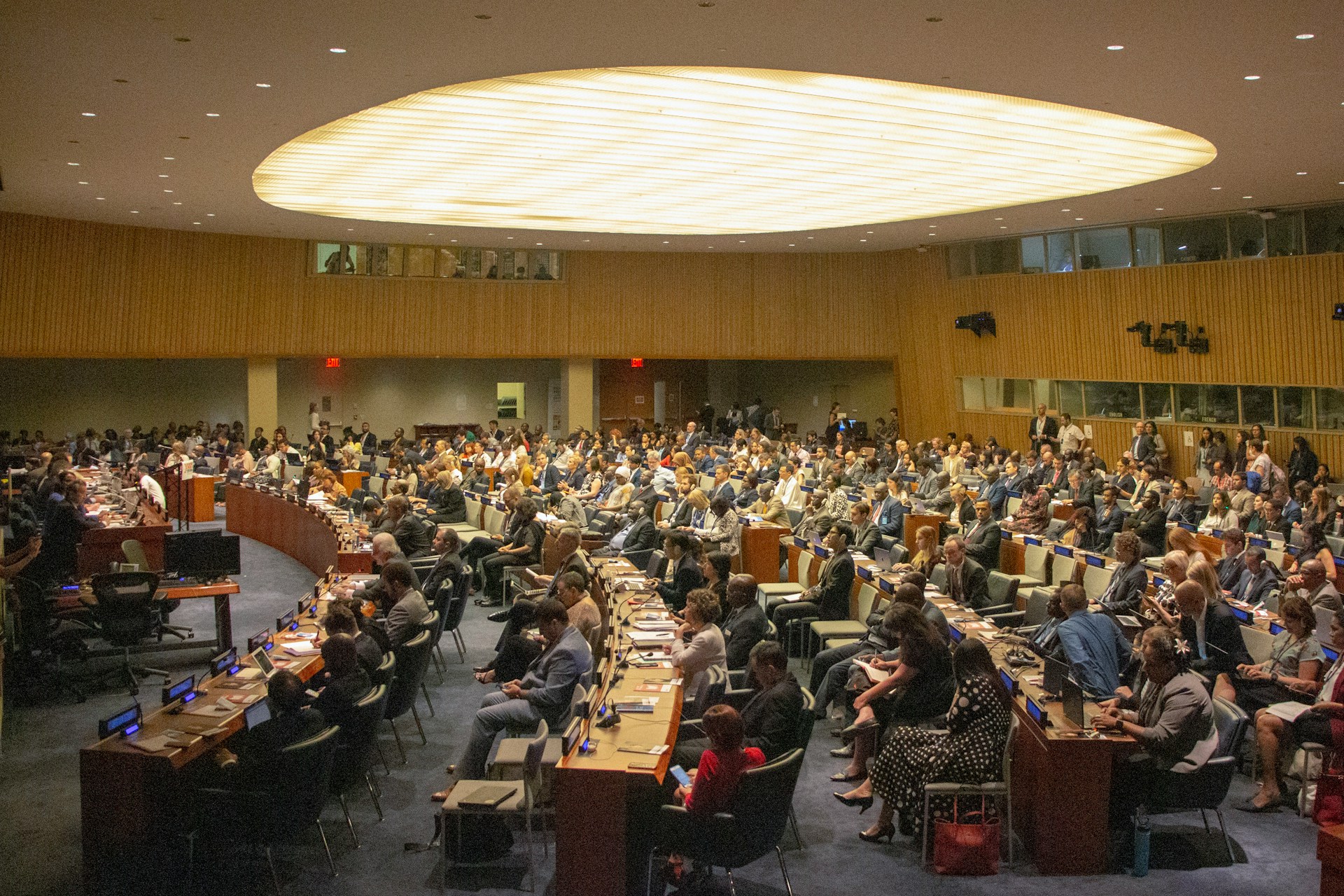Balancing Act: Ethics and Innovation in the AI Age
In recent years, the rise of artificial intelligence (AI) has been nothing short of remarkable. With promises of transformative capabilities across various sectors, from healthcare to finance, AI has captured the imagination of innovators and investors worldwide.
Private equity companies are investing billions into data centers that form the backbone of AI systems. In all of 2022, private equity and venture capital investments being pumped into data centers and related services and technology amounted to a staggering US$16.29 billion.
Yet, amid the fervor surrounding its potential, a crucial question looms large: how do we ensure that AI development aligns with ethical principles and serves the collective good?
As we stand on the cusp of what many predict to be the decade of almost universal AI, a divergence of opinions has emerged. While some advocate for embracing AI technologies wholeheartedly, others counsel prudence, advocating for cautious and selective implementation. In this complex landscape, the role of global AI developers becomes pivotal. Should they accept and uphold a code of ethics, akin to the principles guiding medical practitioners? Such a code would not only establish standards for responsible AI development but also foster trust among stakeholders and mitigate potential risks.
AI Code of Ethics
Global code of AI ethics has been a topic of significant interest and development in recent years. In November 2021, UNESCO adopted the “Recommendation on the Ethics of Artificial Intelligence”. This global standard represents the first-ever comprehensive framework on AI ethics and was endorsed by all 193 Member States.
The Recommendation emphasizes the protection of human rights and dignity as its cornerstone. It is based on fundamental principles such as transparency and fairness. It also suggests extensive policy action areas for policymakers to follow, such as addressing data-related challenges; ensuring AI benefits without harming the environment; promoting gender equality in AI; guiding AI education and research; and ensuring AI supports overall wellbeing.
China and Vietnam: Divergent Approaches
China and Vietnam both offer distinct perspectives on the rapid integration of AI into their societies. China’s AI advancement is largely driven by ambitious government initiatives and substantial investments from tech giants. Conversely, Vietnam has adopted a more cautious approach, prioritizing ethical considerations and aiming for a balance between technological progress and societal well-being.
China stands among the global leaders in AI innovation, with significant contributions to research and economic investment. In 2021, China produced approximately one-third of all AI journal papers and citations worldwide, while also attracting nearly one-fifth of global private investment funding for AI startups, totaling US$17 billion. McKinsey estimates that AI has the potential to generate over US$600 billion in economic value annually for China across various sectors such as automotive, transportation and logistics, manufacturing, enterprise software, and healthcare and life sciences.
Meanwhile, Vietnam is also actively pursuing AI development in alignment with its National Strategy for Artificial Intelligence Research, Development, and Application through 2030. The country aims to position itself among the top four in the ASEAN region and the top 50 worldwide in terms of AI research, development, and application. To achieve this goal, strategic objectives include establishing a comprehensive system of AI legal documents and corridors, enhancing data and computing infrastructure for AI research and application, fostering international cooperation in the AI field, building an AI ecosystem, and promoting the practical use of AI technologies.
Understanding AI
The question of whether we understand AI sufficiently well to establish rules governing its application and development is a pressing one. While AI has demonstrated remarkable capabilities, there remain uncertainties and limitations that must be addressed. Issues such as algorithmic bias, data privacy, and the potential for unintended consequences underscore the need for a nuanced understanding of AI’s implications.
In navigating the ethical crossroads of AI development, collaboration and dialogue among stakeholders are essential. Governments, industry leaders, ethicists, and technologists must come together to craft a shared vision for the responsible use of AI. This includes robust mechanisms for oversight, transparency, and accountability, as well as ongoing efforts to enhance our understanding of AI’s societal impact.
In this regard, both China and Vietnam have a chance to leverage the opportunities AI brings forth and chart a collective AI future. This topic was discussed in the recently concluded 2024 Horasis China Meeting at Binh Duong, Vietnam, between 14-15 April 2024. The meeting will brought together 300 of the most senior members of the Horasis Visions Community, including some of China’s and Vietnam’s best known business leaders, cooperating and collaborating to enable better futures for their citizens.
Photo Caption: While AI has demonstrated remarkable capabilities, there remain uncertainties and limitations that must be addressed.




